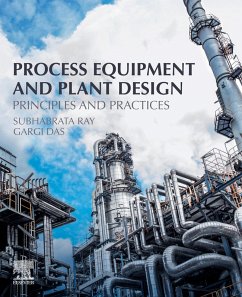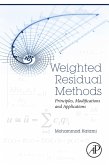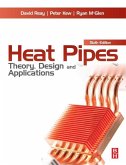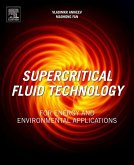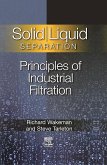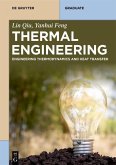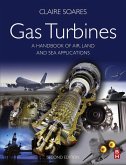The authors expand on additional topics such as industrial cooling systems, extraction, and topics on process utilities, piping and hydraulics, including instrumentation and safety basics that supplement the equipment design procedure and help to arrive at a complete plant design. The chapters are arranged in sections pertaining to heat and mass transfer processes, reacting systems, plant hydraulics and process vessels, plant auxiliaries, and engineered safety as well as a separate chapter showcasing examples of process design in complete plants.
This comprehensive reference bridges the gap between industry and academia, while exploring best practices in design, including relevant theories in process design making this a valuable primer for fresh graduates and professionals working on design projects in the industry.
- Serves as a consolidated resource for process and plant design, including process utilities and engineered safety
- Bridges the gap between industry and academia by including practices in design and summarizing relevant theories
- Presents design solutions as a complete functional system and not merely the design of major equipment
- Provides design procedures as pseudo-code/flow-chart, along with practical considerations
Dieser Download kann aus rechtlichen Gründen nur mit Rechnungsadresse in A, B, BG, CY, CZ, D, DK, EW, E, FIN, F, GR, HR, H, IRL, I, LT, L, LR, M, NL, PL, P, R, S, SLO, SK ausgeliefert werden.

